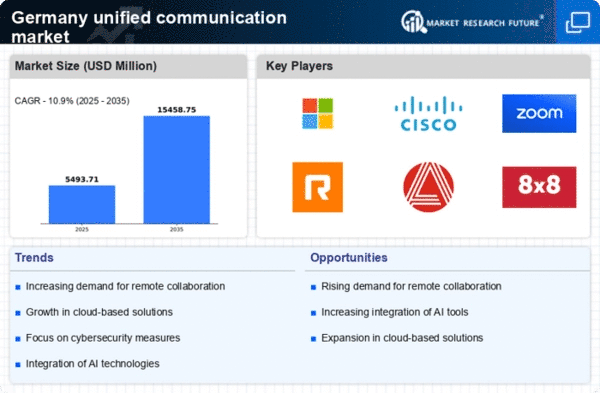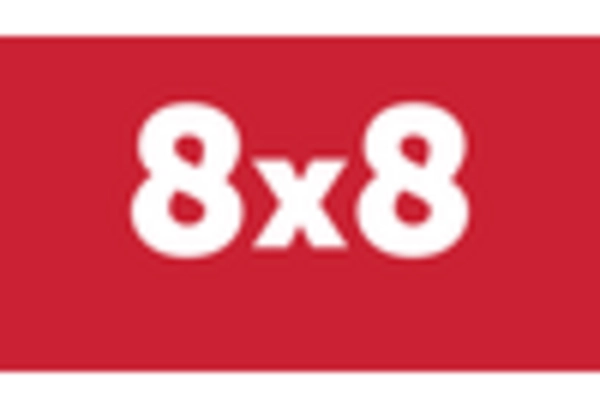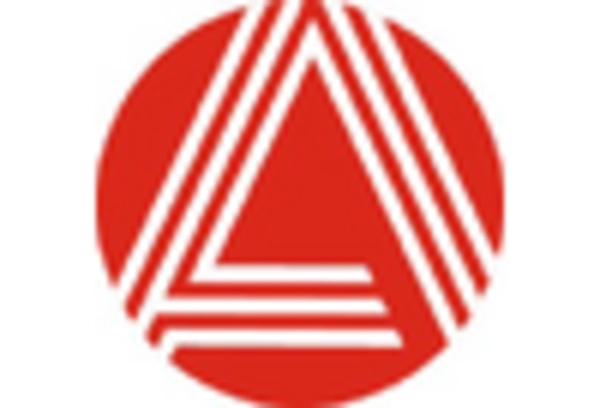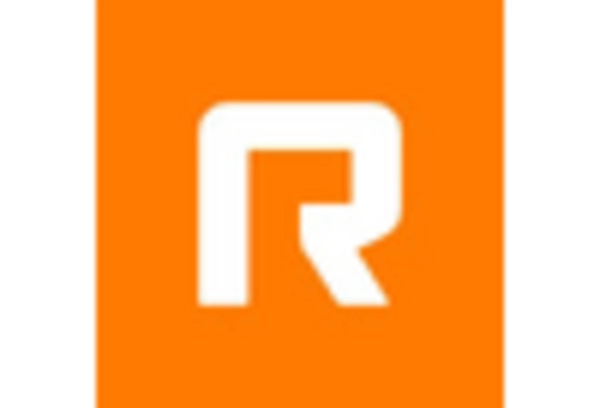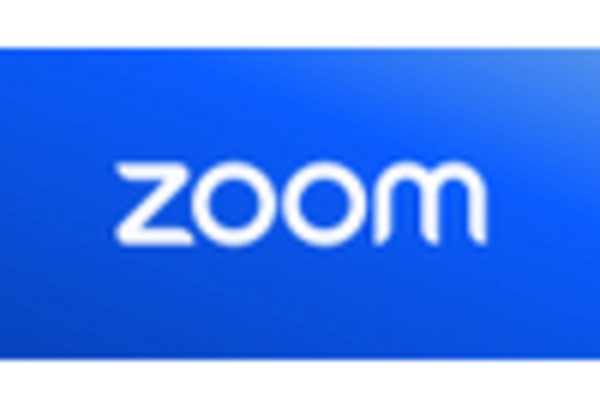Focus on Cost Efficiency
Cost efficiency remains a critical driver for the unified communication-service market in Germany. Organizations are increasingly seeking solutions that not only enhance communication but also reduce operational costs. The potential for significant savings, estimated at around 30% through the adoption of unified communication services, is a compelling factor for businesses. By consolidating various communication tools into a single platform, companies can minimize expenses associated with multiple vendors and streamline their IT infrastructure. This focus on cost efficiency is likely to encourage more businesses to transition to unified communication solutions, thereby expanding the market. As organizations continue to prioritize budget management, the unified communication-service market is expected to witness a shift towards more affordable and scalable solutions that cater to diverse business sizes and needs.
Increased Mobile Workforce
The unified communication-service market in Germany is significantly influenced by the rise of the mobile workforce. With an estimated 40% of employees working remotely or in hybrid environments, organizations are compelled to adopt communication solutions that support mobility. This shift necessitates platforms that enable employees to connect and collaborate from various devices, ensuring continuity in operations. The demand for mobile-friendly communication services is expected to drive market growth, as businesses seek to enhance employee engagement and productivity. Furthermore, the integration of mobile applications into unified communication solutions is likely to become a key differentiator among service providers. As a result, the unified communication-service market is adapting to meet the evolving needs of a mobile-centric workforce, which may lead to increased competition and innovation in the sector.
Rising Demand for Collaboration Tools
The unified communication-service market in Germany experiences a notable surge in demand for collaboration tools. As organizations increasingly prioritize seamless communication, the market is projected to grow at a CAGR of approximately 12% over the next five years. This growth is driven by the need for integrated platforms that facilitate real-time collaboration among teams, regardless of their physical locations. Companies are investing in solutions that enhance productivity and streamline workflows, which is indicative of a broader trend towards digital transformation. The emphasis on collaboration tools is likely to reshape the competitive landscape, as providers strive to offer innovative features that cater to diverse business needs. Consequently, the unified communication-service market is poised for significant expansion as businesses recognize the value of effective collaboration in achieving operational efficiency.
Regulatory Compliance and Data Protection
The unified communication-service market in Germany is increasingly shaped by regulatory compliance and data protection requirements. With stringent regulations such as the General Data Protection Regulation (GDPR) in place, businesses are compelled to adopt communication solutions that ensure data security and compliance. This focus on regulatory adherence is driving demand for unified communication services that offer robust security features, including encryption and secure access controls. As organizations navigate the complexities of compliance, the need for reliable communication solutions that safeguard sensitive information becomes paramount. Consequently, service providers are likely to enhance their offerings to meet these regulatory demands, which may further stimulate growth in the unified communication-service market. The emphasis on compliance not only protects businesses but also fosters trust among customers, thereby enhancing the overall market landscape.
Technological Advancements in Communication
Technological advancements play a pivotal role in shaping the unified communication-service market in Germany. Innovations such as cloud computing, artificial intelligence, and advanced analytics are transforming how organizations communicate and collaborate. The integration of these technologies into unified communication solutions is expected to enhance user experience and operational efficiency. For instance, cloud-based services allow for greater scalability and flexibility, enabling businesses to adapt to changing demands. Moreover, the incorporation of AI-driven features, such as chatbots and virtual assistants, is likely to streamline communication processes and improve response times. As technology continues to evolve, the unified communication-service market is poised for further growth, with providers striving to leverage these advancements to offer cutting-edge solutions that meet the dynamic needs of businesses.


